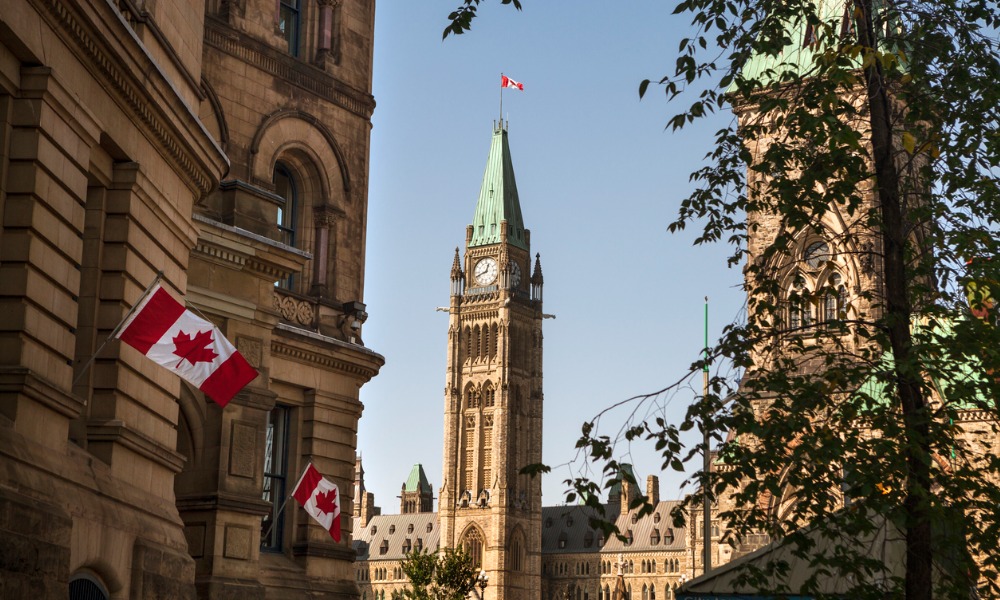Despite studies showing tattoos and piercings can affect patient trust levels, an Ontario arbitrator says hospital staff shouldn’t have to hide their body art.
 Tattoos aren’t just for “sailors, stevedores and strippers” any more, according to an Ontario arbitrator – they’re also for nurses.
Tattoos aren’t just for “sailors, stevedores and strippers” any more, according to an Ontario arbitrator – they’re also for nurses.
The Ottawa Hospital’s strict dress code requiring workers cover tattoos and remove piercings was struck down this week when arbitrator Lorne Slotnick said that while there may be some cases where patients were uncomfortable with staff members’ tattoos, the dress code was too restrictive.
“Anyone who has taken a stroll on a summer day knows that tattoos are no longer confined to sailors, stevedores and strippers,” Slotnick said.
Employees were required to cover large, visible tattoos and remove any piercings that were not “minimal and conservative”. Shorts, jeans and shorter skirts were all also banned.
The hospital defended its strict rules by citing a 2012 study that found patients reacted less favourably to tattooed and pierced female medical workers – although the participants had no similar dislike for men with such body modifications. Hospital senior vice-president of professional practice and chief nursing executive Gina Rodger linked the potentially negative first impression with stress levels and health care outcomes, however Slotnick found no evidence to support the link.
CUPE also took the stance that how the code was enforced was part of a “class system” where doctors were essentially able to dress however they liked, whereas other staff had to meet a specific corporate image.
The decision is consistent with other similar cases, including a 2011 decision striking down Ontario Provincial Police policy requiring all 9,000 police to cover visible tattoos. The policy was considered too broad, but the organization hoped to try to find some middle ground that might include banning face and neck tattoos.
Outside Ontario, in 2009 a Quebec judge found a daycare’s ban rested “on prejudices. Tattooing nowadays is a phenomenon that cuts across all levels of society,” Judge Jean Bouchard wrote.
In general, bans requiring staff to cover offensive tattoos or those with violent images have been upheld, especially in customer or public facing roles.








